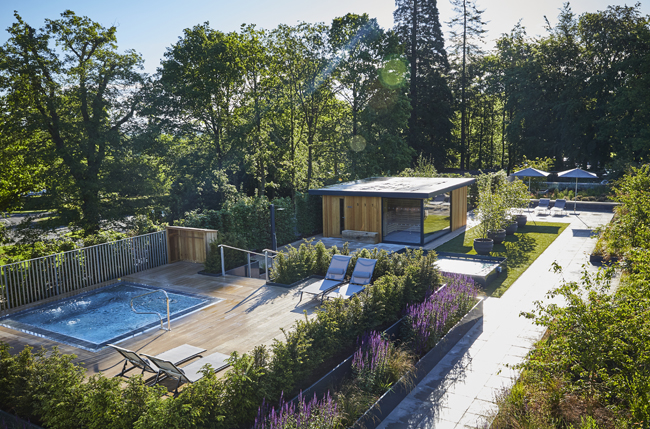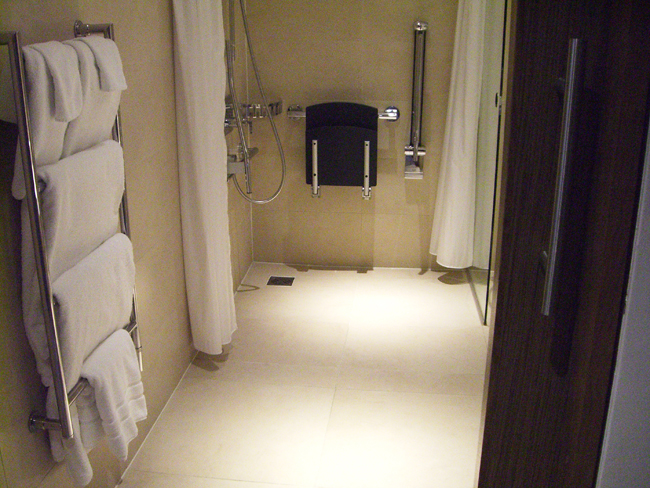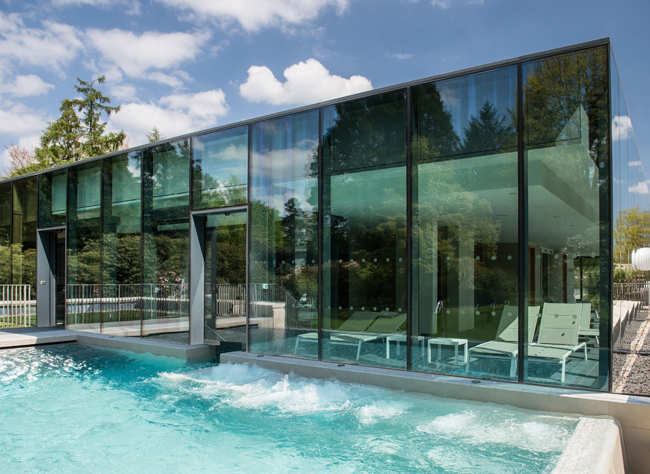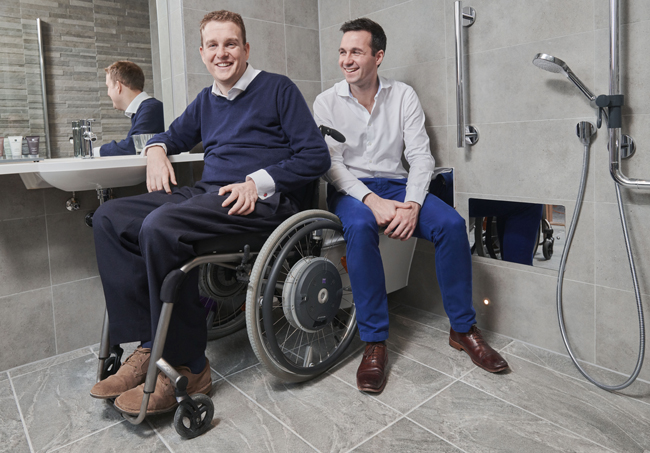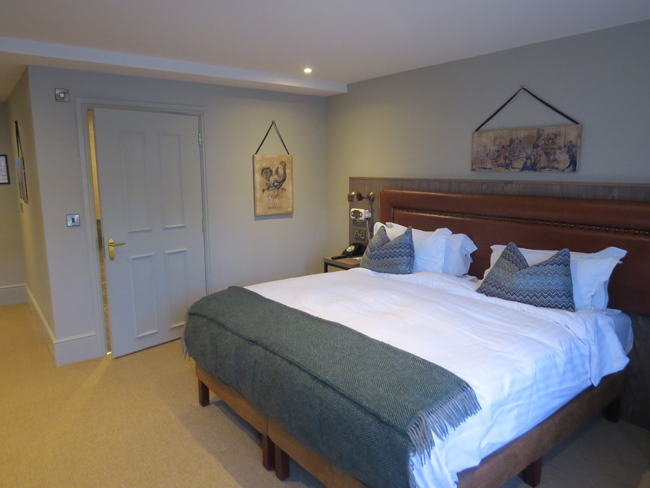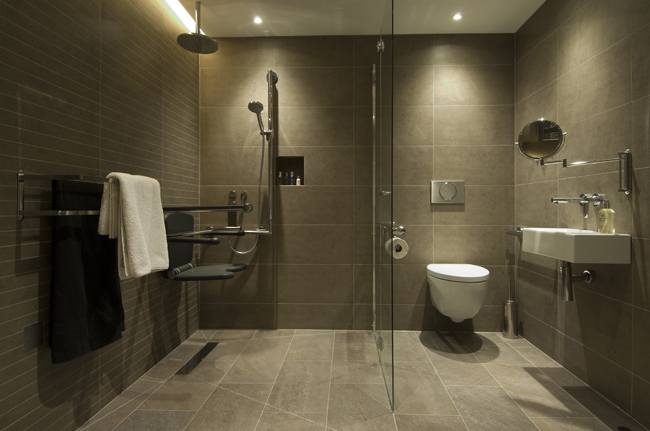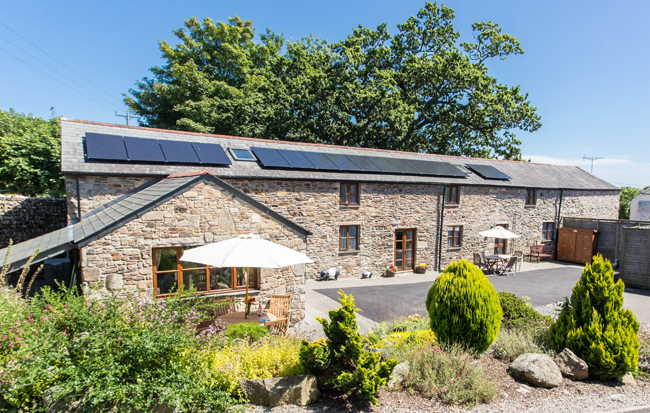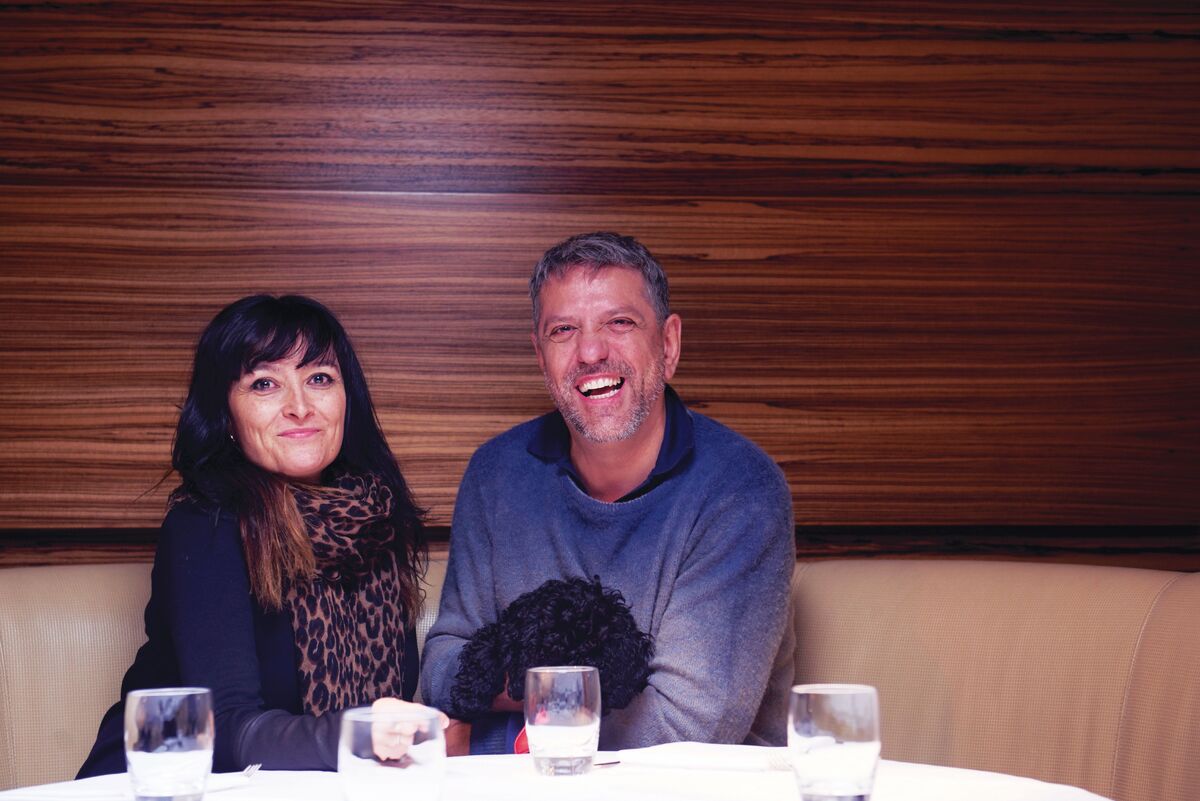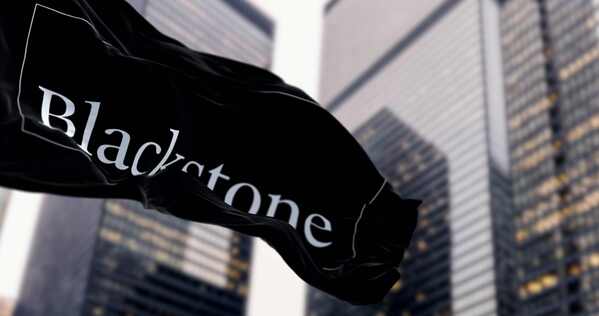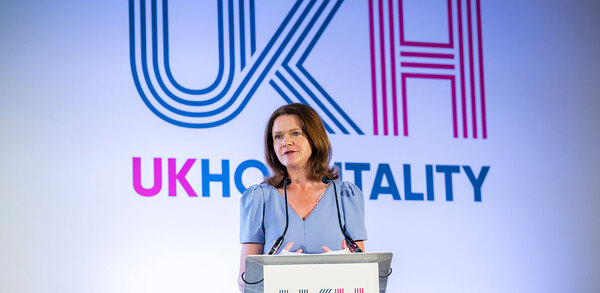Dare to be different: A look at Rudding Park
Rudding Park in Harrogate is a rarity: a hotel that has fully embraced the opportunities of adapting a property to welcome disabled guests, and it has done so with style and flair. Janie Manzoori-Stamford pays a visit, and meets other operators leading the way by attracting the purple pound
Itâs an approach to hotel operation that has helped the 90-bedroom property pick up a string of plaudits in the past three years alone, including Hotel of the Year 2018 at VisitEnglandâs annual Awards for Excellence and, most recently, The Catererâs 2018 Accessibility Catey.
Critical acclaim has the potential to be an excellent marketing tool for a demographic that is both crying out for better leisure options and ripe with potential. Research by Visit- England found that accessible tourism spend by disabled guests and their carers â" otherwise known as the purple pound â" is worth around £12b a year, of which £2.7b relates to domestic overnight trips. And this market not only tends to stay longer than the norm â" 3.3 nights compared with an overall average of 2.9 nights â" it boasts a higher average spend as well: £210 per person compared with £191 overall.
Rudding Parkâs figures reflect this. Annual turnover reached £16.8m in 2017, the same year the hotelâs new £9.5m rooftop spa opened, marking an increase of 83% since an additional 40 rooms were completed in 2010. Banks estimates that around £250,000 of business each year comes from the disabled and additional needs market, while rooms that have been adapted have experienced a 30% increase in occupancy. But perhaps even more impressive than the enviable financials is the way in which they were achieved.
Adapting to change
The importance of accessibility came into sharp focus after Banks had a chance encounter with Arnold Fewell, a wheelchair user, former hotelier turned marketing expert, and the founder of accessibility learning and development provider AccessChamp.
âArnold is a force,â says Banks. âHe wears gloves to protect his hands as he pushes himself everywhere and he wants to be independent. He told me the story of how he lost his leg and I thought, bloody hell. I asked myself if I have really done enough to make a visit to Rudding Park as easy as possible. Or have I done what most of the industry does and just paid lip service to it?â
Rudding Park was in the process of constructing its Follifoot wing at the time as part of an £8m expansion programme, which was lucky, Banks says, because it is far easier to incorporate accessibility into a new build than it is to retrofit, and in doing so the cost per room should remain the same as for standard rooms.
The Ribston and Follifoot wings each feature two adapted/accessible double bedrooms, and the new wing also includes one fully accessible double/twin bedroom with an en suite wet room. All five rooms have interconnecting doors to adjoining non-adapted double bedrooms.
But accessibility at Rudding Park goes well beyond the bedrooms. Every effort has been made to ensure guests with additional needs enjoy as smooth and easy an experience as every other guest, which is why all public areas of the hotel and 38 of its 90 bedrooms are on the ground floor, offering level access throughout, while wheelchair-accessible toilets are in multiple locations.
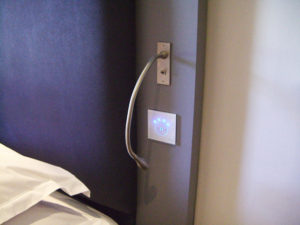
Of course, in business it is never quite as simple as âbuild it and they will comeâ. As Banks explains, installing the facilities was just the beginning: âWe had all this kit, but did we know how to sell it?
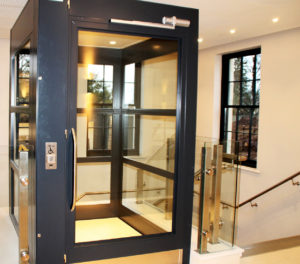
The importance of empathy
The training didnât stop there. All 287 employees receive an in-depth induction that includes training in diversity, equality, dignity and respect, while more specialist training is given to Rudding Parkâs âAccessChampsâ. But as Banks points out, this type of training is not just for people with impairments.
âI struggle to understand why it should be any different whether someone is in a wheelchair or on two legs. You need to make sure you are empathising with each person and considering things from their perspective,â he says. âRather than, âthis person is differentâ, itâs âthink about what this person needsâ, which is exactly how we should look after any guest.â
This emphasis on empathy extends to Rudding Parkâs employees. The company says that 15% of its team are protected by the Equality Act, with additional needs including dyslexia, mental health issues, visual and hearing impairments, and physical impairments. Minor adjustments were made for a junior waiter with a prosthetic leg who had previously thought a career in hospitality would not be possible, and a âviolently intelligentâ student with cerebral palsy and an academic future at the University of Oxford spent his work experience with the hotelâs accountancy team. âItâs about finding the role that an individual will be able to do and feel good about,â says Banks.
Equal rights
Rudding Park has neatly demonstrated how to reap what you sow. There is much that can be done to ensure a universally welcoming hotel experience for guests and staff alike, as well as lots of feel-good and financial benefits in doing so. Yet as recently as three years ago only 427 accommodation businesses out of more than 66,000 were members of VisitÂEnglandâs national accessible scheme. These figures suggest that while the Equality Act of 2010 may have forced operators to make âreasonable adjustmentsâ â" a phrase often synonymous with basic compliance â" too few have embraced the opportunity to showcase themselves as truly, by definition, hospitable to disabled people. But why?
Itâs this approach that has earned the hotel a plethora of praise from its loyal guests. One regular who visits with her diabetes assist dog says: âI come to Rudding Park because Iâm treated like everyone else â" itâs the only place where I donât feel different.â
Glowing testimonials such as this paired with the clear commercial opportunities should be a motivator for many more hospitality businesses â" not just hotels â" to fully embrace the purple pound with the warmest of welcomes.
As Banks points out: âItâs good for your profit and loss and itâs the right thing to do. Itâs win-win. A, you make more money, and B, you sleep well at night. Happy days.â
Motionspot accessible design: âBeing beautifully compliant is what weâre all aboutâ

Thatâs just one of the reasons why in 2016 Sheppard spearheaded the launch of the Bespoke Access Awards (now the Access Awards) in partnership with the Royal Institute of British Architects. The awards challenge architects and designers to come up with a more detailed and kindly approach to how disabled facilities are specified and planned, says Sheppard.
Key features of Allgo include concealed handrails for easy navigation, lighting that accommodates a track hoist, and wall panels that transform to create luggage storage. But crucially, the principles of beauty and inspiration are at the conceptâs core in response to focus group feedback that said aside from the physical issues, people with additional needs are all too often made to feel inferior.
âHow you move something from just being compliant to being beautifully compliant is effectively what weâre all about.â
Other operators with exemplary facilities for disabled guests
The Shankly Hotel, Liverpool
Owner Signature Living
Accessibility excellence It became the first autism-friendly hotel in Liverpool in 2016 as part of a city-wide initiative to become the UKâs first autism-friendly city. Staff attend specialist training and awareness programmes designed to enable team members both to recognise the signs that someone may have autism and to know how to handle any challenging behaviour.
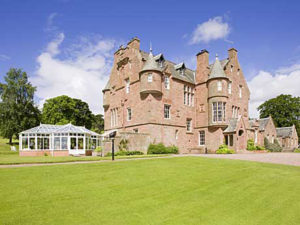
Owners Jacob and Johanna van Houdt
Accessibility excellence This 19th-century country house hotel and 2011 Accessibility Catey award winner is fully wheelchair accessible. Its ground-floor suite features automatic doors, twin beds that can be raised or lowered electronically, remote control lighting and a roll-in shower with grab rails. For guests with hearing difficulties, the room is also equipped with vibrating pillows and flashing lights should the fire alarm go off.
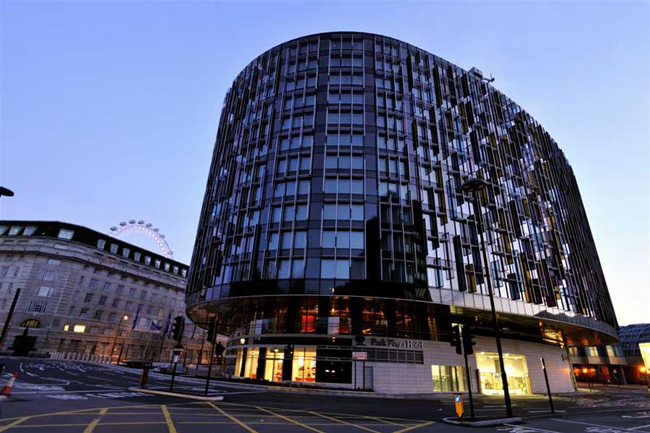
Owner PPHE Hotel Group
Accessibility excellence Inclusivity for the 2014 Accessibility Catey award winner begins at the hotelâs website. A full list of accessible features is compatible with talking/text browsers, screen readers and small devices. As well as the likes of step-free access to the property and its 54 accessible rooms, the hotel implements a personal emergency evacuation plan to give vulnerable guests peace of mind.
The White Horse, Dorking, Surrey
Owner Bespoke Hotels
Accessibility excellence Inaugural Bespoke Access Award winner Motionspot redesigned the accessible bedrooms and en suites as part of a £4m renovation project with luxury and universal appeal in mind. Spacious bathrooms feature stylish slip-resistant mosaic tiles, level-access showers with bi-folding glass enclosures in place of clinical shower curtains, as well as removable grab rails and shower seats so the room can be adapted to suit individual guest needs.
Todsworthy Farm Holidays, Gunnislake, Cornwall
Owner Jonathan Pellow
Accessibility excellence After owner Jonathan Pellow was left paralysed from the chest down by an accident in 1996, the winner of the 2017 Accessibility Catey decided to convert two traditional barns on the farm into self-catering cottages. They were suitably designed for people with disabilities, while, crucially, maintaining the original character and features of the cottages. Features include underfloor heating, wider doorways, lowered light switches and raised plug sockets, and suitably placed handrails aid ambulant guests.
Cateys 2018: Accessibility Award â" Rudding Park >>
Viewpoint: Why is a âdisabled roomâ a downgrade? >>



